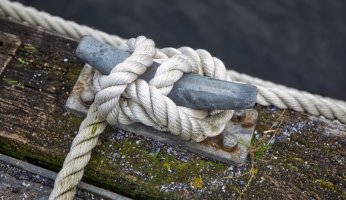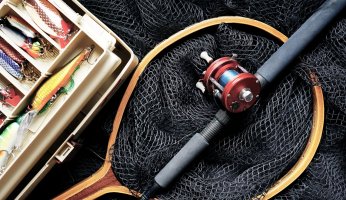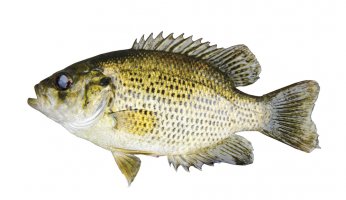What Kind Of Gloves To Wear When Going Fishing
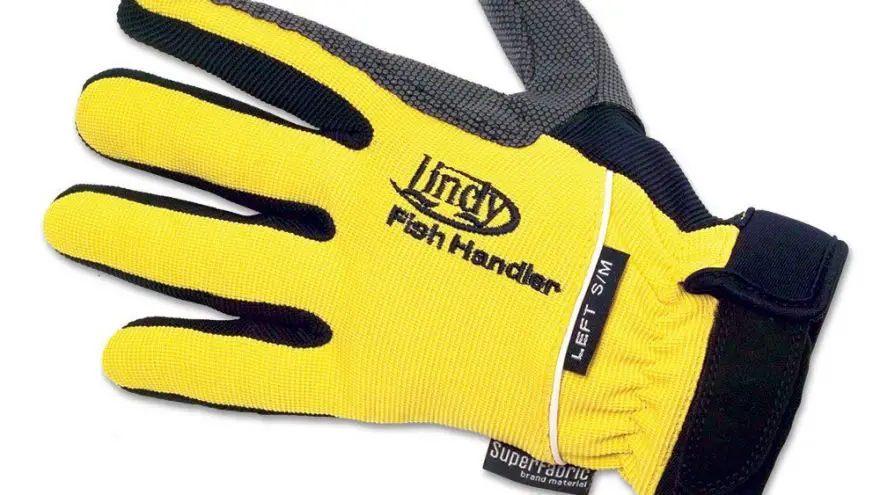 What Kind Of Gloves To Wear When Going Fishing
gearweare.net
What Kind Of Gloves To Wear When Going Fishing
gearweare.net
While the idea of donning gloves while fishing seems unnatural, there is an actual basis for the popularity of wearing fishing gloves. While learning to fish in gloves can seem burdensome at first, as your experience grows and you undergo the learning curve, you will find yourself more comfortable utilizing them.
There are a vast number of reasons for utilizing gloves while fishing and just as many styles of gloves available to choose from. Discussing the different styles and their uses will assist in determining the best choice for your needs.
Table of Contents
Fly Fishing Gloves
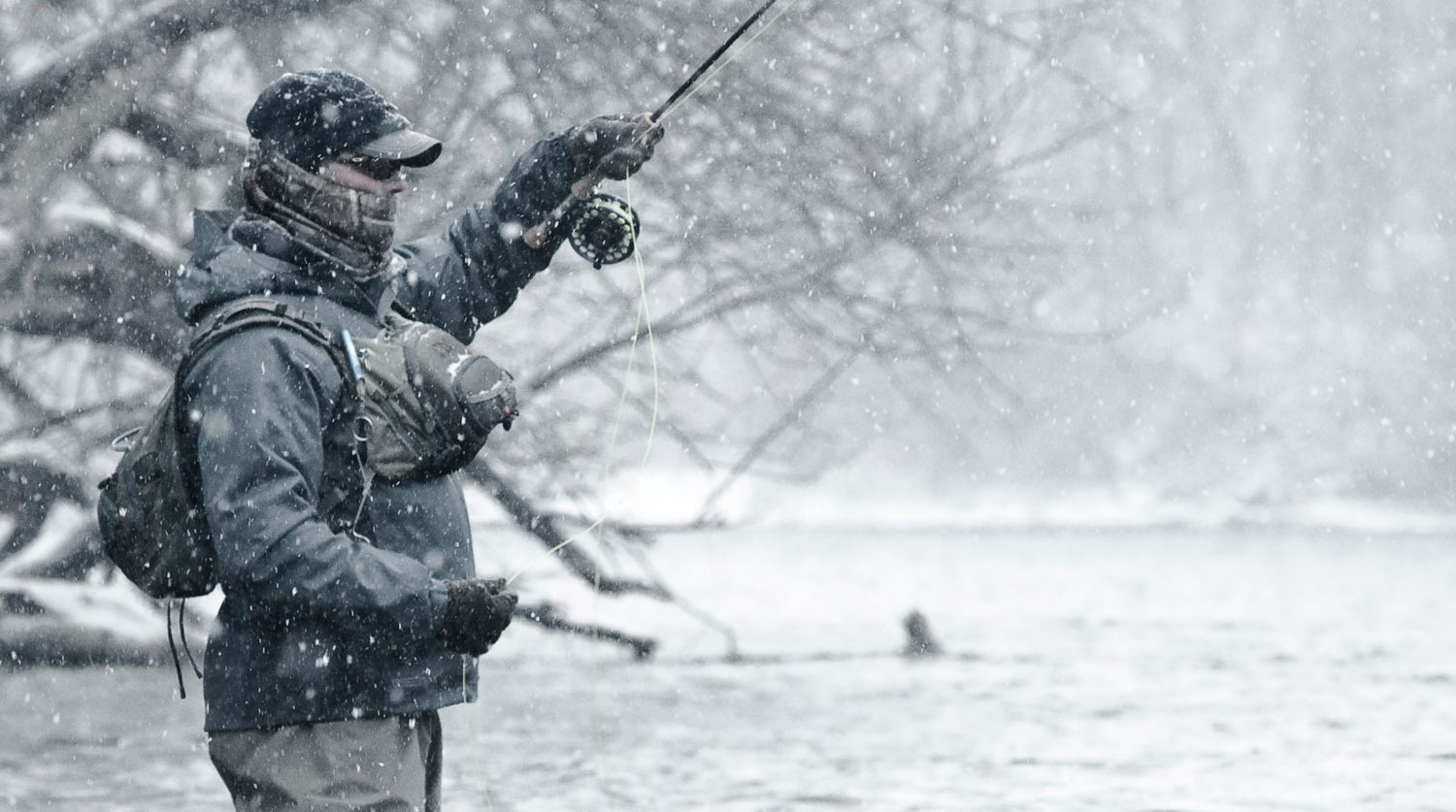
Due to the constant change of direction and friction on your hands, padded fly fishing gloves are a great alternative to the bare hand option. While you will initially feel as if you are losing some of the control as you switch from bare hand to gloved hand, you will soon find yourself appreciating the protection that is offered by these gloves. Constructed to not jeopardize the finesse of fly fishing, these gloves will allow you to protect your hands and extend your fishing season into the cold, dark days of winter
Waterproof Fishing Gloves

While it is nearly certain that if you are doing any kind of fishing, you will inevitably get wet hands. Whether from landing a fish to rinsing them off in the water, moisture on your hands in practically guaranteed. During the warm weather months, this is not much of an issue, however, if you are a year round angler, the cold water during the cold times of year can be uncomfortable and possibly even adventure-ending.
By investing in a pair of waterproof fishing gloves, which most fishing gloves are, you can extend the amount of time you safely can expose yourself to Mother Nature and the chilling air and waters she harbors.
In addition to moisture control, waterproof fishing gloves often come with a rubberizes grip, offering you additional support for gripping your landed fish, and also protecting the fish’s slime coat. If you plan on catching and releasing, it is imperative that you have some sort of protection for the fish, as touching the fish unprotected will remove this vital coating. The rubberized texture may also provide protection from dorsal spines that can often result in uncomfortable punctures.
Cold Weather Fishing Gloves
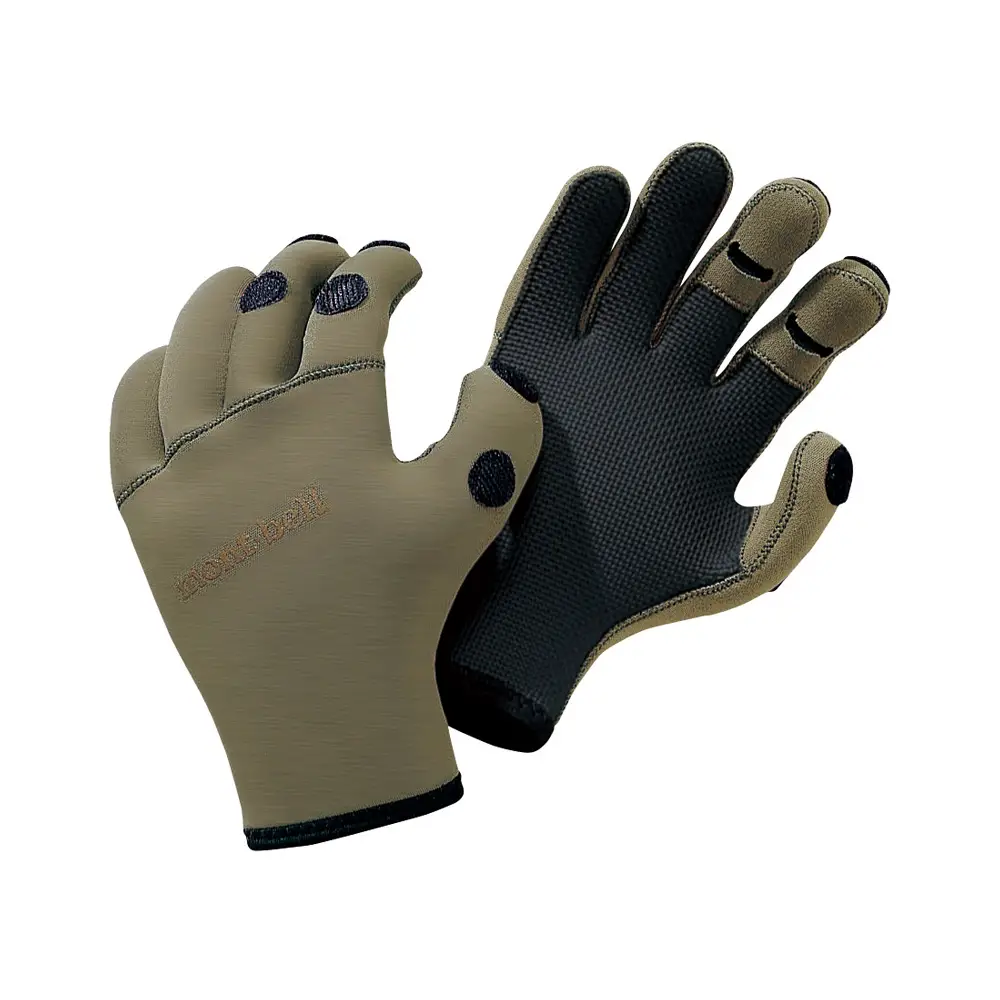
When the temperature drops, but you don’t want to stop fishing, you can find yourself a pair of cold weather fishing gloves.
While not always waterproof, these gloves will maintain your hand temperature so that you can retain dexterity in your fingers and remain out in the elements longer.
Lengthened exposure to cold rain, wind, or rain can put a damper on any fishing experience… and the health of the angler! Keep in mind, protecting your hands and keeping them out of your pockets will ensure more time actively fishing!
Optional features of cold weather gloves include a built in pocket for disposable hand warmers, allowing you to bring your heater with you.
Finding Your Fly Fishing Gloves
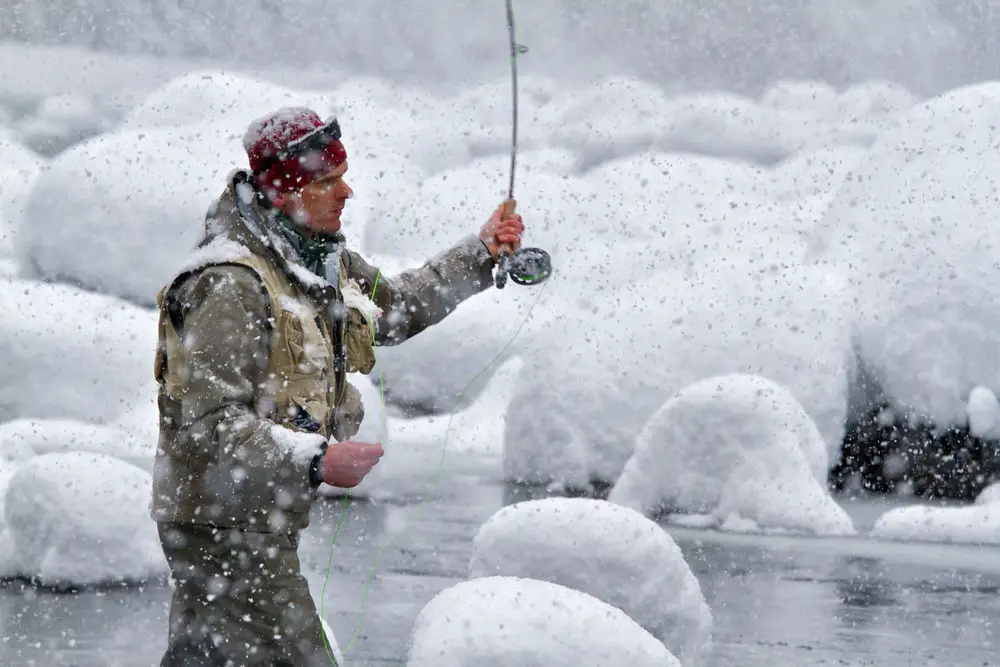
Additional advantages of wearing fishing gloves include protection from the sun on days of lengthened exposure, hook sticks, line cuts, and the teeth of your catch. You can avoid these small, yet painful encounters simply by wearing a protective layer on your hands.
Some sets of gloves come either fingerless or with fingertips that can be folded back to allow you to proficiently address any line set up changes or the unhooking of landed fish. They also come in a three fingered model, which separates your index and thumb from your other fingers, allowing for full protection, but providing digit independence for the fine motor skills that often come in handy while on the water.
Find the right glove set for you. One that keeps you warm and dry, yet is not overly cumbersome, where you can still do the tasks you need to do. When selecting the right glove for you, consider the climate in which you typically fish. In a colder climate, insulation and heat retention are high priority, while in a warm climate, you could search for sleeker options, which provide less protection for cold, and more waterproof and puncture protection. If you commonly are re-rigging your line throughout your day, fingerless gloves may be more necessary than if you maintain the same set up longer and have less dexterity needs.
Regardless of what choice of gloves you use, remember that it will take time to get used to fishing in them. There will be an adjustment period for the new feelings that come with having your hands covered. After a learning period, you will find that you have become accustomed to the gloves and it will become second nature to fish with them on. Do not wait for the coldest day of the year before donning your gloves. Practice using them before you need them, so that when the need arises, you will be confident and sure of your ability to operate in them.





